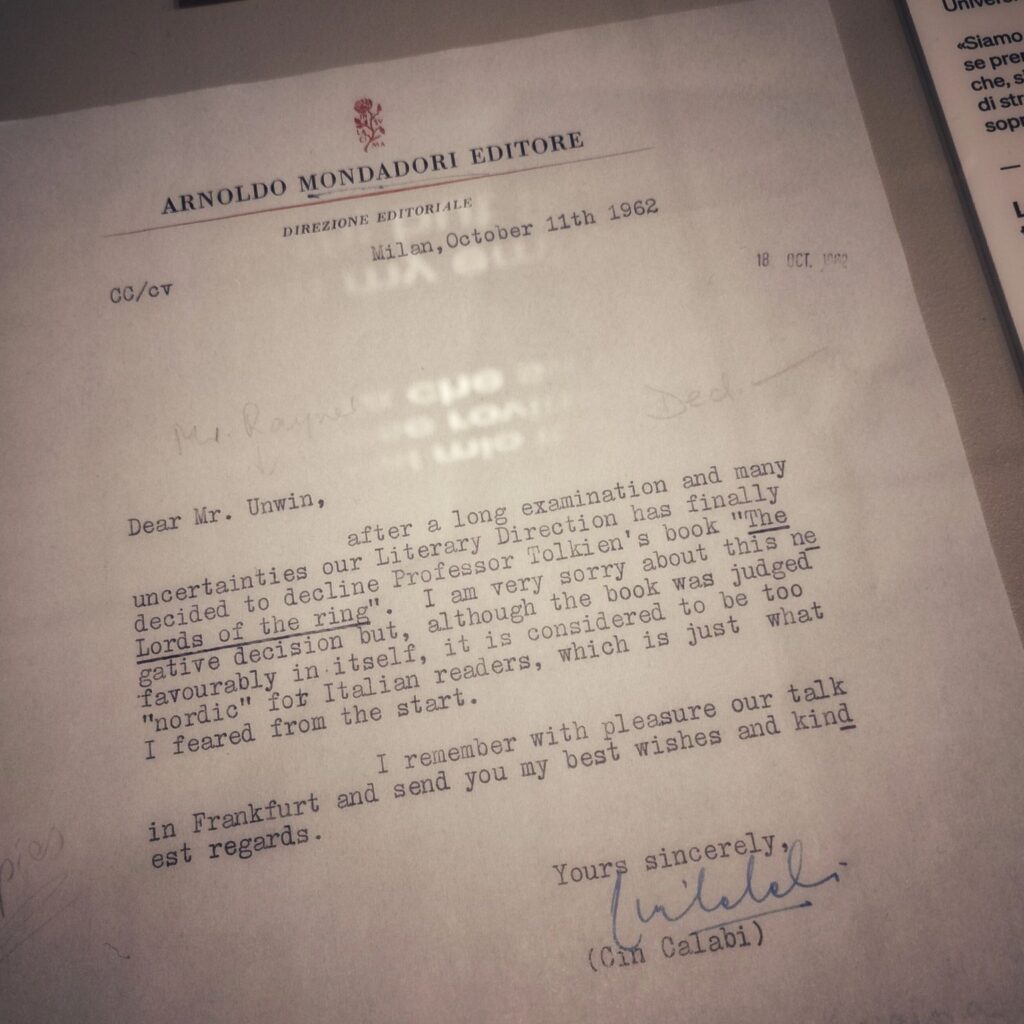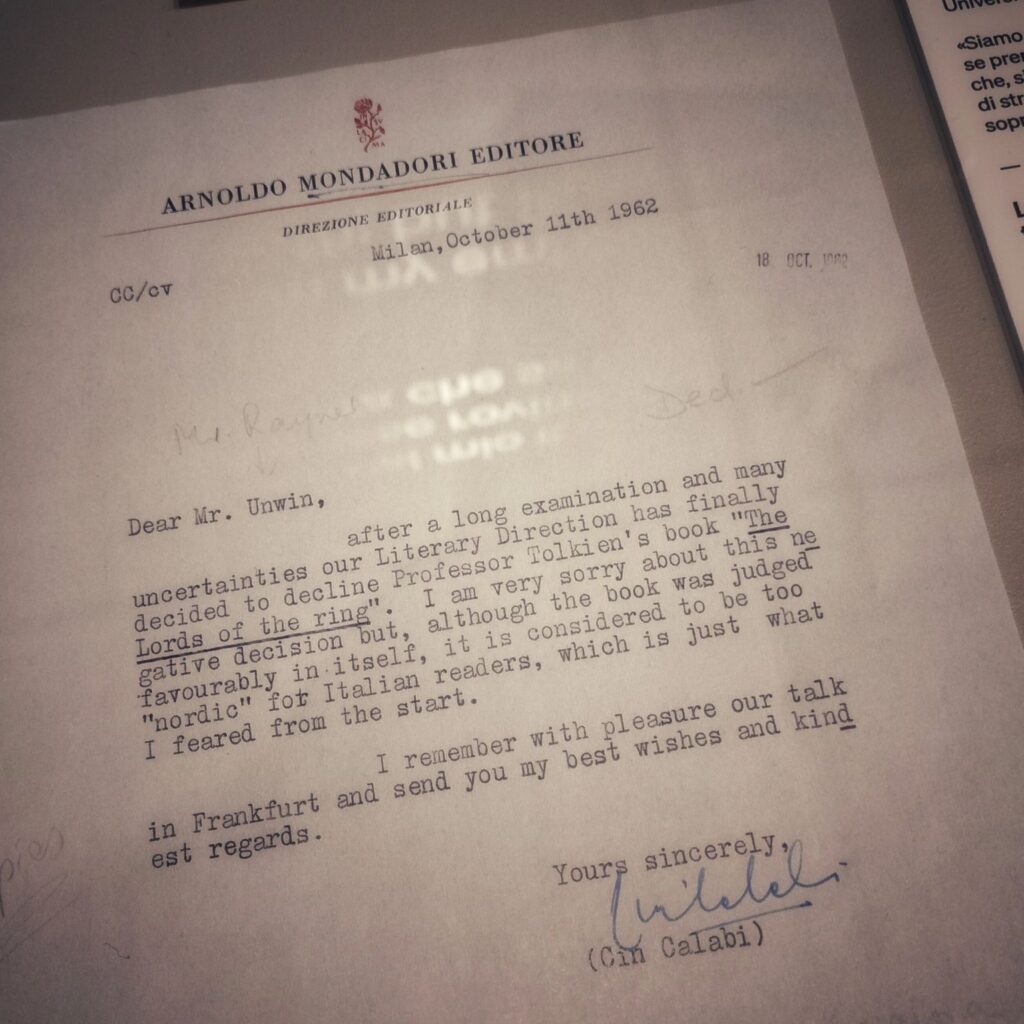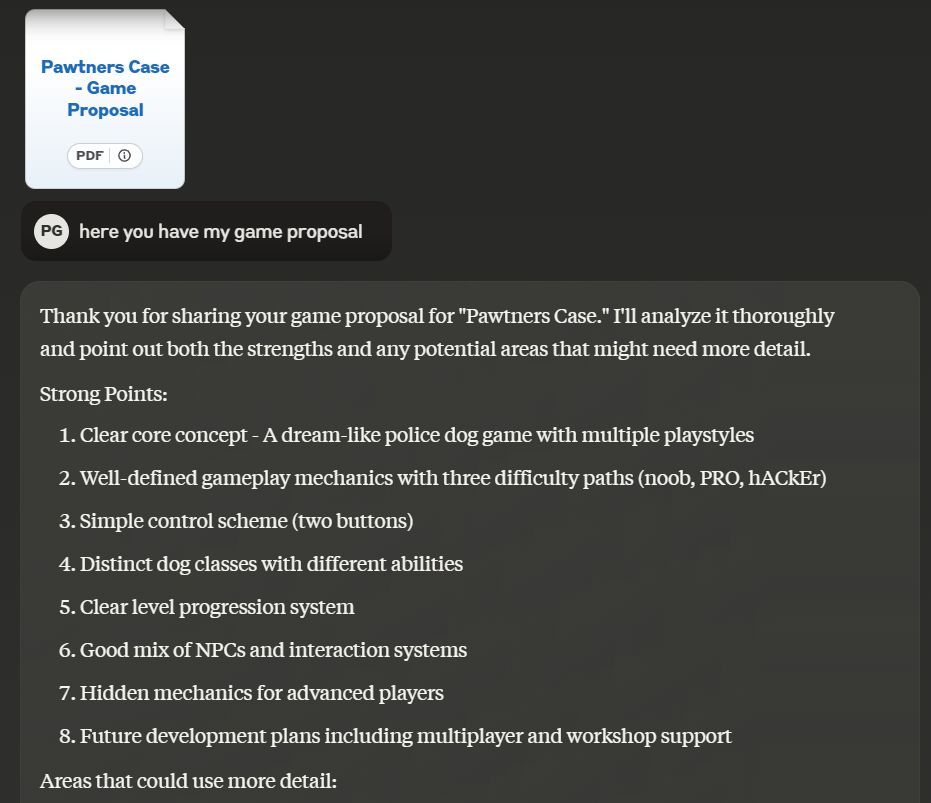In this fight for taking back our attention, I started unsubscribing from newsletter and YouTube channels. I don’t have specific resolutions for the new year, apart from those who are always in my life. But I got to a level where I don’t tolerate anymore all this information that I constantly have access to. Maybe is better knowing less, but deeply.
This thing is valid for everything, from professional life to the rest of it. I need to get my attention back from infinite scrolling feeds and silly games if I want to really build a good game. I need to focus on other things of my life, too. So that I will probably stop looking at curves and statistics. I will not listen to industry experts building their stories to sell their brand. Not that I don’t like them, please do not misunderstand. I love that thing!
But I feel overwhelmed by too many sources, images, sounds, slangs. It’s just too much to leave into my mind the necessary space to build my things up. It will probably hurt for a while, but I have too. My mind and also my body are begging me this.


